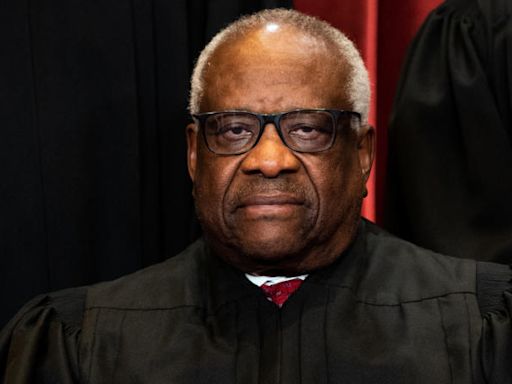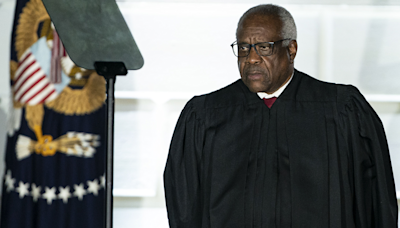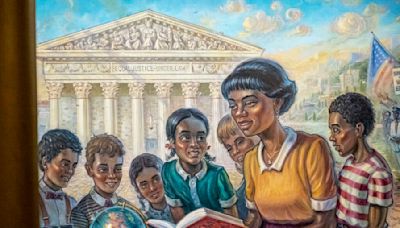Search results
Oct 27, 2009 · Brown v. Board of Education was a landmark 1954 Supreme Court case in which the justices ruled unanimously that racial segregation of children in public schools was unconstitutional.
Board of Education of Topeka, 347 U.S. 483 (1954), [1] was a landmark decision of the U.S. Supreme Court ruling that U.S. state laws establishing racial segregation in public schools are unconstitutional, even if the segregated schools are otherwise equal in quality. The decision partially overruled the Court's 1896 decision, Plessy v.
3 days ago · Board of Education, case in which, on May 17, 1954, the U.S. Supreme Court ruled unanimously (9–0) that racial segregation in public schools was unconstitutional. It was one of the most important cases in the Court’s history, and it helped inspire the American civil rights movement of the late 1950s and ’60s.
Brown v. Board of Education of Topeka (1) | Oyez. Appellant. Oliver Brown, Mrs. Richard Lawton, Mrs. Sadie Emmanuel, et al. Appellee. Board of Education of Topeka, Shawnee County, Kansas, et al. Location. Monroe School. Docket no. 1. Decided by. Warren Court. Lower court. Federal district court. Citation. 347 US 483 (1954) Argued. Dec 9 - 11, 1952.
Overview. In Brown v. Board of Education of Topeka (1954) a unanimous Supreme Court declared that racial segregation in public schools is unconstitutional. The Court declared “separate” educational facilities “inherently unequal.” The case electrified the nation, and remains a landmark in legal history and a milestone in civil rights history.
On May 17, 1954, the Court stripped away constitutional sanctions for segregation by race, and made equal opportunity in education the law of the land. Brown v. Board of Education reached the Supreme Court through the fearless efforts of lawyers, community activists, parents, and students.
Brown v. Board of Education (1954) was a landmark U.S. Supreme Court decision that struck down the “Separate but Equal” doctrine and outlawed the ongoing segregation in schools. The court ruled that laws mandating and enforcing racial segregation in public schools were unconstitutional, even if the segregated schools were “separate but ...




